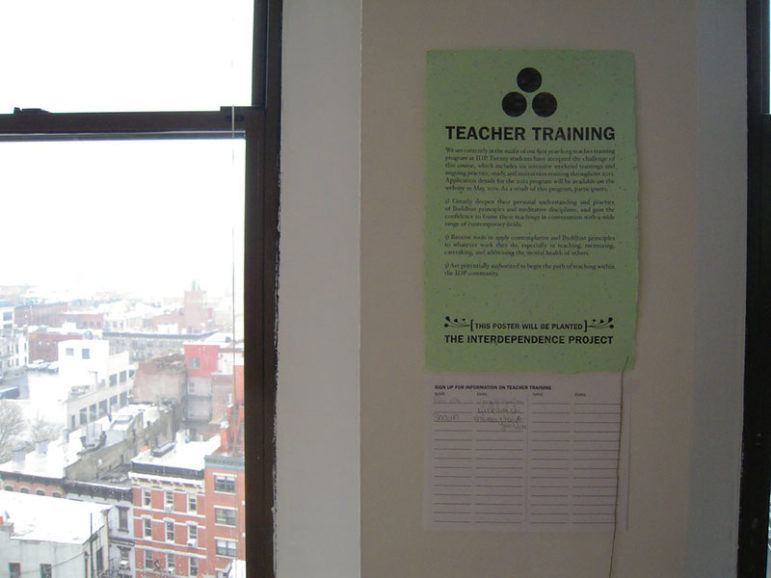
October 13, 2016; Education Week
On Tuesday, the Obama administration released a set of final regulations meant to implement another component of its education strategy, one designed to improve teacher-training programs. U.S. Secretary of Education John B. King Jr., in a press release, explained the new rules’ importance:
As an educator, I know that one of the strongest in-school influences on students is the teacher in front of the classroom. These regulations will help strengthen teacher preparation so that prospective teachers get off to the best start they can, and preparation programs can meet the needs of students and schools for great educators.
This component was first unveiled in April 2014, when then–Secretary of Education Arne Duncan said, “We have about 1,400 schools of education and hundreds and hundreds of alternative certification paths, and nobody in this country can tell anybody which one is more effective than the other. […] When I talk to teachers, and have very candid conversations, they feel they weren’t well prepared.”
When details of how the Department of Education planned to move forward were released several months later, it was not surprising to find a plan centered on a rating system, which sought to measure the “value added” by each school’s graduates when they entered public school classrooms. States would be required, under the proposal, to connect K–12 performance improvement to the graduates of each teacher-training program so they could assess program effectiveness. Training programs would be ranked, and ultimately colleges could lose federal funding if their results were deemed unsatisfactory.
Sign up for our free newsletters
Subscribe to NPQ's newsletters to have our top stories delivered directly to your inbox.
By signing up, you agree to our privacy policy and terms of use, and to receive messages from NPQ and our partners.
It was also not surprising that the administration’s proposal was met with opposition. Was it really possible to measure the effectiveness of teacher training by looking at how K–12 students performed? Was a “carrot-stick” use of data the best way to stimulate improvement? Should the federal government really be playing this role?
Two years later, after much argument and discussion, the final regulations show an administration that has held much of its ground. It still believes it is possible to measure student outcomes and connect them to the work of each teacher. And supporters of the strategy are pleasantly surprised. Kate Walsh, president of the National Council on Teacher Quality, said she’s “impressed with how much the department kept with its original intent, which was to insert far greater accountability for program quality.…I told people they would never see the light of day. I’m happy to be wrong.”
Under the final regulations, each state must establish a system to rate teacher-training programs on their effectiveness by the 2018–19 school year. By the 2012–22 school year, federal grant funding can be removed from colleges and other training programs if their performance is rated as unacceptable. According to Education Week, the rating systems, which are central to this plan, “are to be based on several metrics, such as the number of graduates who get jobs in high-needs schools, how long these graduates stay in the teaching profession, and how effective they are as teachers, judging from classroom observations as well as their students’ academic performance.”
From some perspectives, the final rules involved a major concession by not making student test scores the single or dominant measure of teacher effectiveness. Rather, states will have “the flexibility to use other measures deemed ‘relevant to student outcomes’ and determine how various components of their systems are weighted.” But this was not enough for all of the plan’s critics. Randi Weingarten, president of the American Federation of Teachers, sharply criticized the regulations, saying in a statement that although the department “has made minor tweaks, the flawed framework remains the same. […] It was ludicrous to propose evaluating teacher preparation programs based on the performance of the students taught by a program’s graduates.” Weingarten contends that the rules “ultimately punish teacher prep programs that send graduates into the highest-need schools.”
If the rules remain unchanged after next January 20th when a new administration takes charge of education policy, the battle over how to measure teacher training will move from Washington to fifty state capitals. And it will be a battle, as school reformers, teacher advocates, and university lobbyists weigh in over the meaning of the words, “value added.”—Martin Levine













